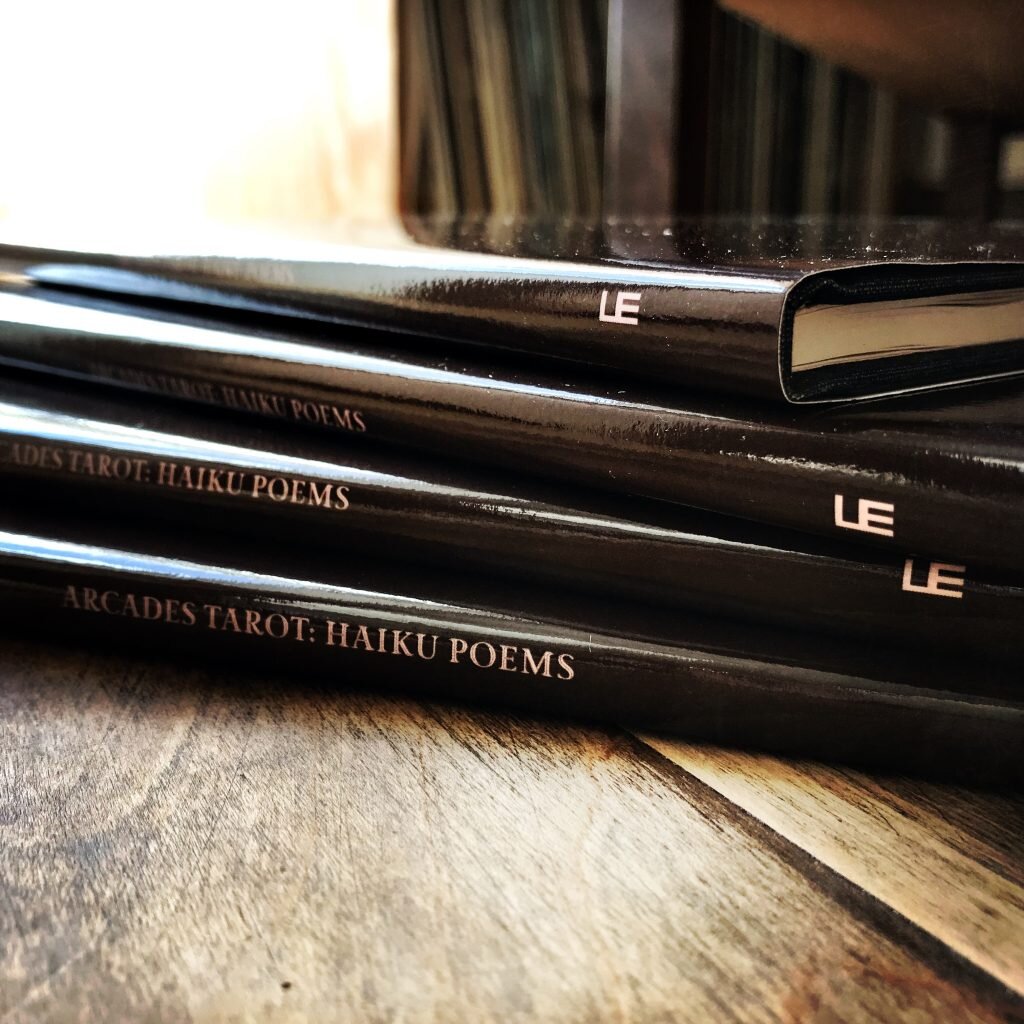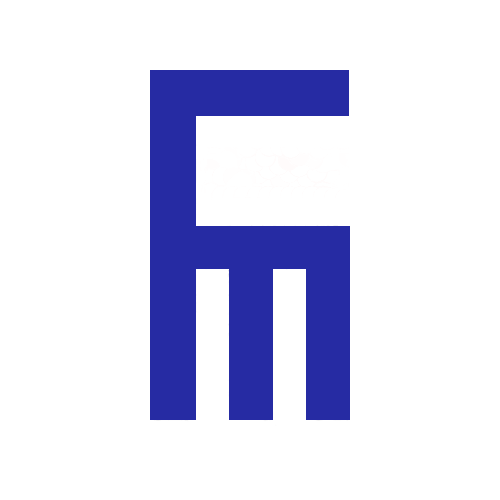
HISTORY · VISION · GENRES · SUBMISSIONS
HISTORY
EYECORNER PRESS is an independent publishing house started officially in 2007 as a collaboration between the universities of Roskilde and Aalborg in Denmark, Oulu in Finland, and Gainesville, Georgia, USA.
In 2005, following the publication of 2 volumes in the series Cultural Text Studies, EYECORNER PRESS went independent from Aalborg University Press’ imprint, ‘Research Papers in the Humanities.’ The decision to go independent was due to cuts in fundings that made publishing with the university press difficult.
At the time, Camelia Elias, the editor-in-chief of the department’s ‘Research Papers,’ found herself with a number of manuscripts in the pipeline. What to do about them? Send them back to the writers, or come up with another solution? She came up with another solution. It was called, EYECORNER PRESS.
The Cultural Text Studies series led directly not only to EYECORNER PRESS but also to the opening of the styling stream, as Camelia Elias took it upon herself to perform both tasks, designing the series and choose the typography for it. The books that have been following since are all done under her signature and creative direction.
We now publish books focusing on poetics and the human imagination: from critical theory and philosophy to practices of divination, from poetry and drama to visual language and bi-lingual translations.
We focus on promoting writing with an edge, highlighting the individual voice that brings integrity to intellectual rigor in an uncommon way.
We give priority overall to works that engage with a creative style and irreverent approaches to literature, culture, philosophy, religion, and visual art.
Since the start we’ve published works in English, Danish, French, Romanian, and bilingual editions.
For our efforts EYECORNER PRESS has been indexed in 2014 onto the Danish Bibliometrical Research Indicator Authority list.
VISION
We honor Raymond Federman’s precepts for the writing of critifiction, the conflation of criticism with fiction.
“The term critifiction is used because the discourse that follows is critical as well as fictitious; imagination is used in the sense that it is essential in the formulation of a discourse; plagiarism [read play-giarism] because the writing of a discourse always implies bringing together pieces of other discourses; an unfinished endless discourse because what is presented here is open at both ends, and as such more could be added endlessly.” – RAYMOND FEDERMAN, Critifiction, 1993: 49
Essentially we represent works that are ‘oracular,’ one way or another. Some would argue that both art and poetry are oracular already, which would be a fair observation, if only all of this had not been so happily forgotten. So we’re here to remind folks of a few histories. Art is not just a money machine for the elites, hiding under the label of ‘cultural capital,’ and the poetic and visionary discourse is not just something to be scorned.
We publish the books we love and the voices we want to hear.
Our patron saint is grand bibliophile and collector JEAN GROLIER (c. 1489/90 – 22 October 1565). He sits in the corner of our eye.
EDITIONS
EYECORNER PRESS has five main series divided according to themes and aesthetics.
SPECIAL EDITIONS refers to our fine book productions. The books in this category are ‘art books’ – there are the hardback books bound in silk cloth with special endpapers and gold or silver edges, hand numbered and inscribed also with sigils, and then there are some of our regular paperback that yet are accompanied by the original art that these books feature inside their pages. The art that accompanies the special edition books is often consecrated as a talismanic fetish for the bibliophiles and collectors of esoterica and the occult. The hardback editions are made from the the highest quality material and printed and bound by Narayana Press, the best printers in Scandinavia.
DIVINATION BOOKS refers to books whose focus is on folklore, myth, spiritual and occult practices. The typesetting of these books follows the rule of sympathy, that is to say, we aim for matching the type to the particular topic the book represents.
POCKET BOOKS is our small format book (60 - 80 pp, 4x6 in) zooming in closely and succinctly on a singular yet incisive topic. The pocket editions are sat in Espinosa Nova by Cristobal Henestrosa, who revived the types created by Antonio de Espinosa, the most important Mexican printer of the sixteenth century.
FINE PRINT BOOKS refers to the paperback books that have an elongated small format, 4.7 x 8.4 in. The idea with the ‘fine print’ editions came in response to the demand for focussed topics on method and technique in divination. Unlike the books in the divination category that introduce both methods and techniques, the fine print books zoom in on the Devil in details. An example is the book, Threads: Read like the Devil Obsessions, followed by Cross on reading the cards in a cross layout, and Choices, on reading sets of 6-card draws for decision-making.
100 ENCOUNTERS BOOKS series is for books of 100 pages featuring the idea of encounters; encounters between authors, writers doing art, artists writing, diviners doing mathematics, or mathematicians and logicians creating art. For the 100 Encounters editions we picked a font made by the mathematician Dan Sayers, whose work with Avería is based on having more than 700 fonts encounter one another in a game of ‘generative typography’ of averaging or interpolating nature.
THE GENRES represented are the following:
Academic interdisciplinary writing
Literary criticism and philosophy
Creative writing criticism and art
Aphorisms, fragments, and other borderline manifestations
Divination and the occult
SUBMISSIONS
Currently we only commission authors who possess the clarity of a Zen master, or can infuse their formulaic academic standards with the beauty of the obvious. But if you have a manuscript that you think fits our vision and standard, you’re welcome to email us an inquiry.
All our manuscripts undergo peer review. Written peer-reviews/reports are carried out by external members of our editorial panel prior to publication. Readers include academics from both sides of the Atlantic.
EyeCorner Press went independent after the publication of 2 volumes in the series Cultural Text Studies in 2005-2006 by Aalborg University Press.
Untitled was the first title under the banner EyeCorner Press.
Divination with Cards: A Short History, the pocket series.
Tarot for Romeo and Juliet from the special hardback editions.
Non Buddhist Mysticism from the 100 Encounters series.




